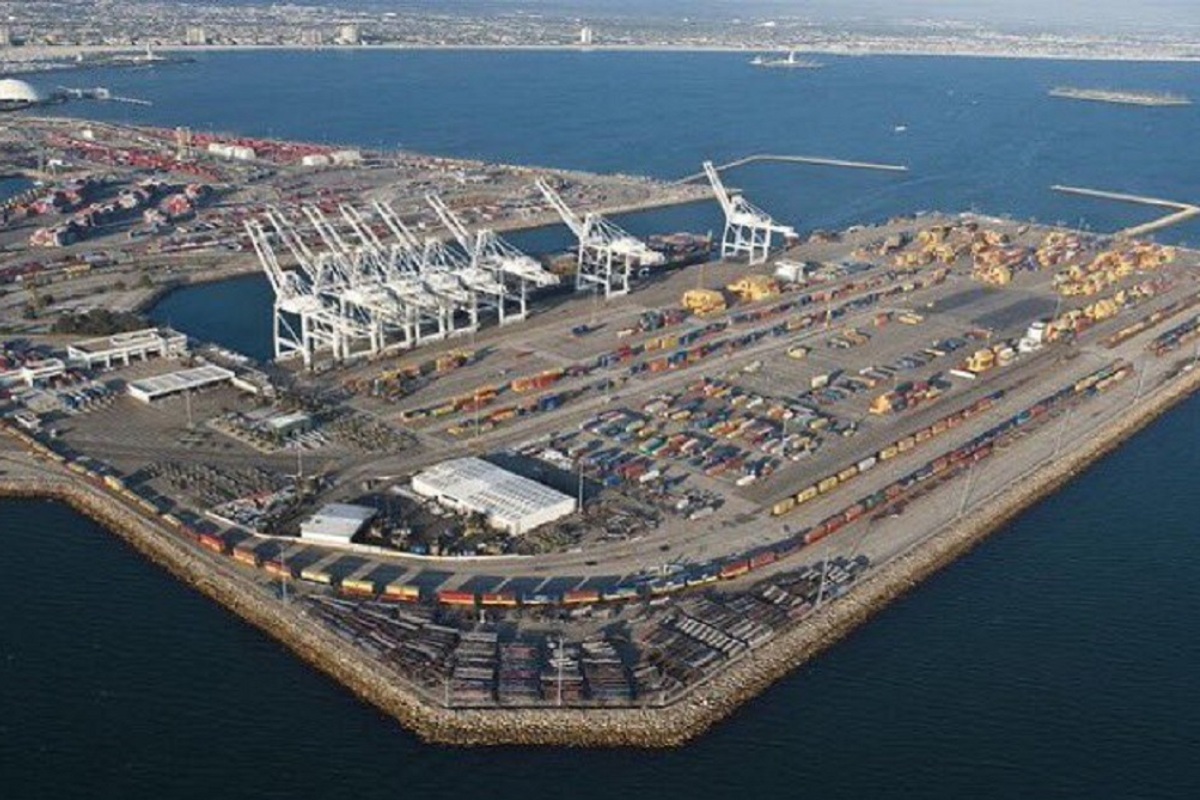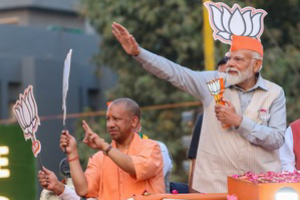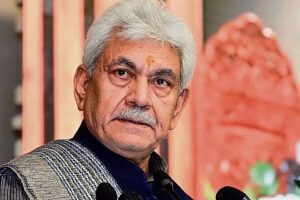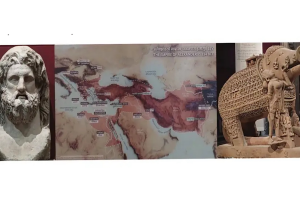When the news surfaced of Iran shunting India out of the key Chabahar port rail project, citing delays in India’s funding and other reasons, the strategic community in India quickly saw a hidden Chinese plot behind this. Seen from a larger perspective, one cannot miss reading the ever-expanding Chinese footprint in Iran’s decision if one joins the dots of China’s other expansionist activities in many sectors of Asia and against the background of the impending China-Iran deal involving a colossal package worth $400 billion, to be spread over the next two decades and a half.
Understandably, this unexpected development that came four years after India and Iran had reached an agreement to construct the 628 km rail line along the Iran-Afghanistan border was a clear surprise. Though Iran has left the door open for India to join at a later date, while deciding to fund and develop the rail link under the second phase of the Chabahar Port on its own, the Iranian decision is a huge strategic setback to India-Iran ties.
As part of the deal, India had developed the first phase of the project to modernise Chabahar Port, and now operates it. India was also to be part of the second phase from Chabahar Port to Zahedan but was constrained to go slow due to sanctions imposed by President Donald Trump after annulling the nuclear deal signed by his predecessor administration. India had to strike a delicate balance between its ties with the US and Iran and preferred to go slow despite an Iranian push.
China has pushed aggressively to expand its influence globally by either flexing its military muscle and intimidating its smaller Asian neighbours on territorial issues and by digging up historical claims with no legal basis or by offering money on concessional terms with tougher conditions with intentions to create debt traps and thereby economic domination. Its latest warming of ties with Iran has the same imprint.
It is a matter of regret that Iran has failed to see this hidden agenda of China and been trapped in its design by negotiating a large economic package and junking the high-profile, bigticket and much-touted project it signed with one of its oldest allies, India. That China pulled strings behind the scenes cannot be doubted. As per available reports, Iran has already inaugurated the track-laying process. The line, which as per the plan will eventually reach Zaranj in Afghanistan, is supposed to be completed by March 2022.
Indian public-sector companies, Indian Railways Construction Ltd (IRCON) and Rites, were awarded the second phase of the project to develop the rail link connecting the south-eastern port city of Chabahar to Zahedan, the provincial capital of Sistan- Baluchestan region, and from Zahedan to Sarakhs at the border with Turkmenistan. This strategic transit is part of Iran’s International North-South Transit Corridor, which will significantly reduce the traditional trade routes between the markets of India and the European and Commonwealth of Independent States (CIS) countries.
The link was intended to boost the Iranian economy. With India out from now, China shall have a free rein to make its own space and expand its larger strategic designs. Like the strategic community, the diplomatic community in India too must be scratching their heads to dissect the nuances of Iran’s decision. The Chabahar pact was signed during Prime Minister Narendra Modi’s visit to Iran in 2016. The primary objective was to set up a new trade route to Afghanistan and Central Asia – a transit and transportation corridor.
As per the tie-up between IRCON and Iranian Railways as part of a trilateral project between India, Iran and Afghanistan, India had promised to provide $1.6 billion for “all services, superstructure work and financing”. Now Iran announces that it will pool $400 million from the Iranian National Development Fund to go ahead with the rail line without Indian help. Iranians are not happy with their government’s decision to enter a long-term deal with China. They see that by negotiating the controversial 25- year agreement with China, Iran is selling itself to Beijing.
During his visit to Teheran in January 2016, Chinese President Xi Jinping proposed that both sides establish their ties based on a Comprehensive Strategic Partnership and soon after discussions began to conclude the 25- year bilateral pact. The proposal was also backed by Iran’s highest authority Supreme Leader Ayatollah Ali Khamenei, who has said the agreement was “wise”. Though the details of the agreement are not yet revealed, critics have started comparing the proposed deal to the 1828 Treaty of Turkmenchay between Persia and Tsarist Russia, under which the Persians ceded control of authority in the South Caucasus.
The concerns expressed by the Iranian people are legitimate. By all possible measures, the pact is going to be unbalanced when details are revealed. China has taken advantage of Iran’s current weak position as its economy is under strain because of harsh US sanctions and negotiated a pact from a position of strength. It is going to have easy access to Iran’s natural resources for many years to come.
China has been flooding markets in Iran with products, thereby crippling domestic manufacturers and has pushed out Iranian businesses. It would not be too long when one can see Chinese domination over Iran’s economy. Former President Mahmud Ahmadinejad warned against the manner in which the pact was negotiated by keeping the people in the dark. The exiled son of the Shah of Iran, the country’s last monarch who was ousted following the 1979 Islamic Revolution, has also criticised the pact.
Reza Pahlavi accused the government of allowing China to plunder the country’s natural resources and placing foreign soldiers on Iranian soil. The US State Department referred to the planned agreement as a “second Turkmenchay”, accusing the government of being afraid to share the details of the pact with the Iranian people as the terms are probably not beneficial to the people. It would be in Iran’s long-term interest to rethink and reconsider the pact before it is too late. Failing to do so would leave the country entangled with an arrangement that could drive the nation into a perilous future.
(The writer was formerly a Senior Fellow with Institute of Defence Studies and Analysis, New Delhi)











